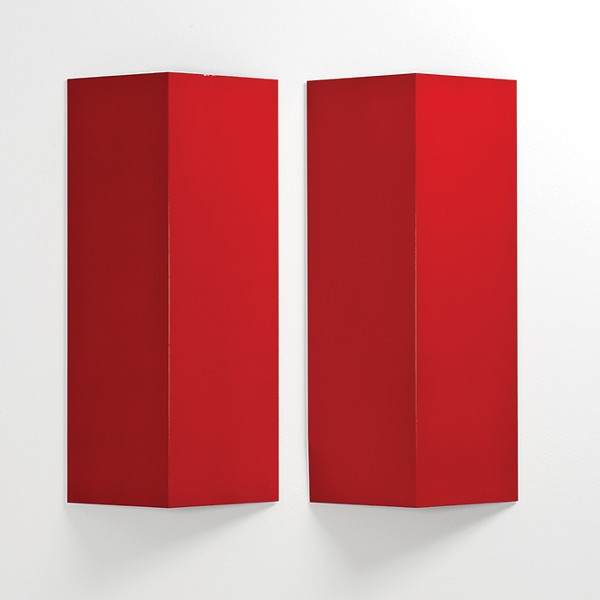On two succeeding weekends in October Dia:Beacon will present "Steve Paxton: Selected Works," a choreographic retrospective of the unique approaches to movement by the dancer/choreographer and inventor of Contact Improvisation (CI).
Born in 1939, Paxton studied gymnastics, aikido, tai chi, ballet, and modern dance with, among others, Merce Cunningham and José Limón (both of whose companies he joined). He was also a founding member of the downtown Manhattan experimental dance collectives Judson Dance Theater and Grand Union during the 1960s and early 1970s.
Navigating territory previously untouched by choreographers, Paxton has danced with a chicken ("The performance was bad but we had a good rehearsal") and created works as varied as having his performers/audience move through a huge plastic replica of the alimentary canal in the 69th Street Armory, and an hour-long sophisticated, nuanced improvisation to Glenn Gould's recordings of Bach's "Goldberg Variations." He's turned lectures into performance art (one about sponsors was delivered while attached to an IV of nutrients), used large groups of non-dancers doing everyday movements (sometimes bringing them off the street just prior to performance), and worked with blind and disabled dancers. He's received Bessies (comparable to Broadway's Tony awards), grants from the National Endowment for the Arts, Rockefeller Foundation, and Experiments in Art and Technology, and a Guggenheim Fellowship, among other awards.
Paxton will be presenting four works at Dia: Flat, his historic solo with a unique approach to costume choreographed in 1964 and revived for Mikhail Baryshnikov in 2001; the remarkable duet Smiling (1969); Bound (1982), a quirky and deep commentary on the process of being a soldier, still timely today (to be performed by Slovenian dancer Jurij Konjar, known for his expertise in Paxton's style); and The Beast (2010), a delicate solo based on his research into the spine culled from years of doing Contact Improvisation.
Created in 1972 while Paxton was improvising with a group of students, CI requires maintaining constant physical contact while also defying gravity in how participants give and take one another's weight. No stranger to the laws of physics, Paxton discovered that redirecting weight and centrifugal force from impacts and spins by transferring the energy in harmonious and artful ways (utilizing rolls and curved shapes), enabled the body to absorb, rather then be damaged by, unexpected and sometimes forceful movements during an improvisation. Safety during CI also necessitates the use of "mindfulness," which Paxton learned studying Vipassana meditation. When done properly, even people in wheelchairs can participate in CI by safely rolling out of their chairs onto the floor (or onto another person), upon which the wheelchair sometimes becomes part of the improvisation.
CI has morphed over time as new generations of movers discover it, begetting "jams." Now you can find hipsters, Hazels, hippies, Heathers, and everyone in between participating in jams in studios from Brooklyn to Beijing, on beaches from Florida to Goa, and throughout the Hudson Valley. There is also a worldwide online network and journal, Contact Quarterly.
But Paxton had more physical discoveries to share. In 1986 he released the DVD Material for the Spine. Per Paxton: "It is a technical approach to the improvisational results. In Contact Improvisation the spine is given to one's partner. Via exercise, ideokinetic imagery, and specific examples, I wanted to bring to consciousness the subtle sensation, the moments when usage reveals operations of the skeleton, the muscular connections available between pelvis and fingertips."
Movers around the planet owe Paxton a debt of gratitude for all he's discovered.
Performances Friday, October 17, through Sunday, October 19, at 2 pm and Friday, October 24, through Sunday, October 26, at 2 pm. Steve Paxton in conversation Saturday, October 25, 4:30 pm. $35-$15. (845) 440-0100; Diabeacon.org.
















